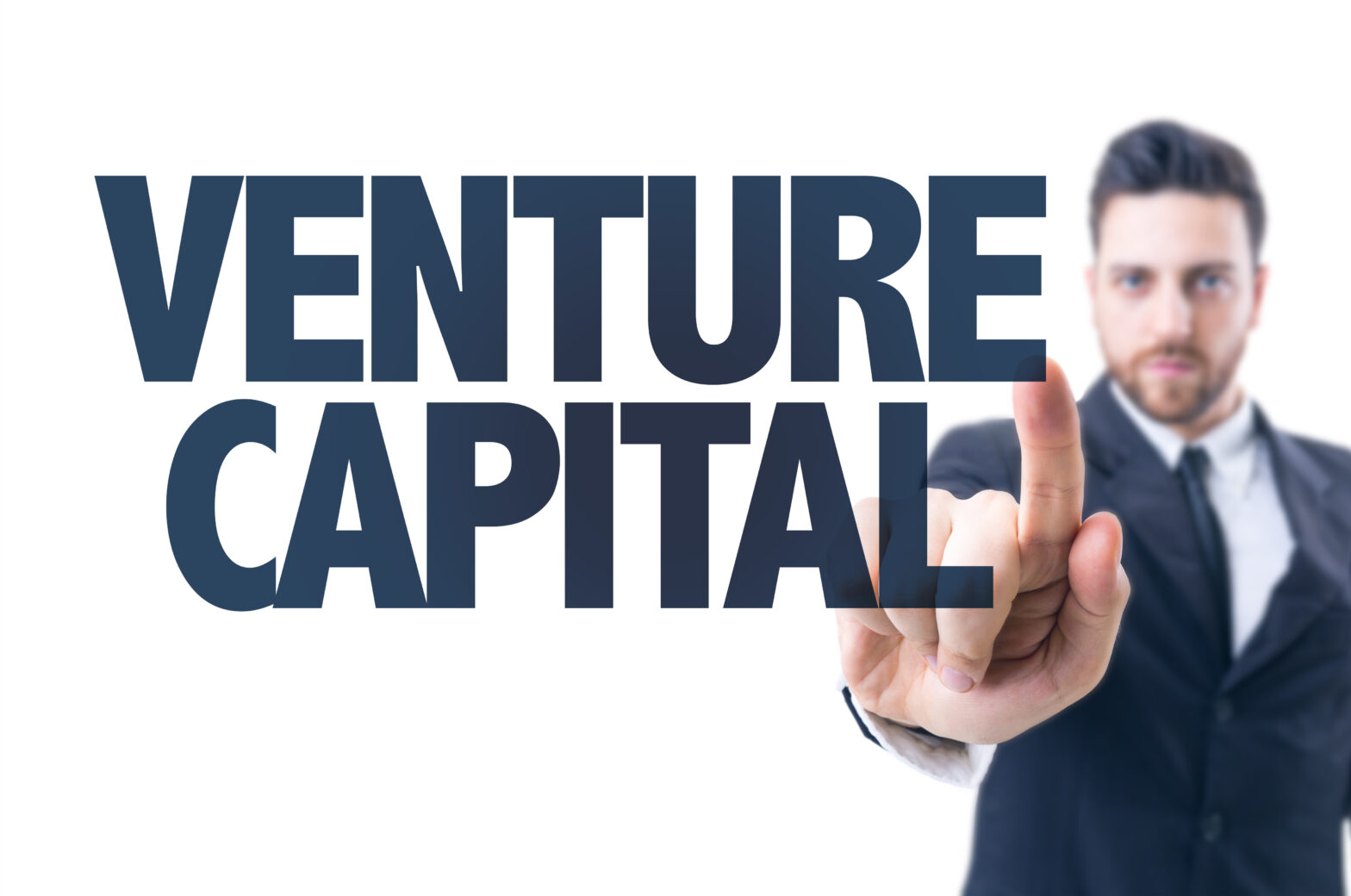The amount raised by Venture Capital Trusts (VCTs) has risen by over £100 million in a year. VCTs issued shares to a value of £570 million in 2016-17, a 28 per cent rise over the previous year according to stats released by HMRC recently.
‘The increase in the amount of money that is available to benefit start-up and scale-up industries is great news for all involved,’ says Nick Travis, partner in investment management at Smith & Williamson, the accountancy, investment management and tax group.
‘It gives those people looking for funding another avenue to obtain it. There have been some innovative businesses such as MPP, Quantexa or Egress that have used funding from VCTs to their advantage. Our own clients and respondents have noticed an uptick in the amount of funding available to them in recent times.’
A VCT is a tax based Venture Capital Scheme. It is designed to encourage individuals to invest indirectly in a range of unquoted smaller, higher-risk trading companies, by investing through VCTs. The VCT must be listed on a UK recognised Stock Exchange but are exempt from Corporation Tax and any Capital Gains Tax (CGT) on disposal of shares.
Research of entrepreneurs and business leaders has highlighted how 44 per cent believe access to funding is improving, an 11 per cent rise from three months ago. This coincides with 70 per cent of the, near 200, businesses asked are planning for growth in the next 12 months.
‘Funding is a key issue for scale-up businesses, whose success crucial to the UK economy. It is important that the UKs growth businesses are adequately funded so it is encouraging to see that one of the sources of funding has seen record growth,’ says Travis.
Tax changes paying dividends for small businesses
A key reason for the rise in VCT use is the changes to the taxation of retirement planning. From April 2016, the lifetime allowance (LTA), the total amount able to be tax efficiently invested in to a pension, was reduced to £1 million, a decline of over £800k in four years. This was coupled with changes to the annual allowance, the total amount which could be invested each year.
‘This reduction hit far more people than expected. It brought thousands of civil servants, NHS professionals and lecturers in to the group of people that actively had to reconsider their retirement planning strategy. No longer was active pension planning the remit for, those traditionally considered wealthy,’ says Luke Brooks, director in financial planning at Smith & Williamson.
Fixed protection was introduced at the same time for those who had been relying on the previous LTA. This capped pensions at the pre-2016 amount of £1.25 million but prevented individuals from investing further in to their pension scheme.
‘Many, arguably more than the government expected, stopped putting money directly in to their pension and were forced to consider alternative assets to invest in for their retirement. EIS, SEIS, and VCTs are increasingly becoming mainstream alternatives to pension funding. However, these assets, while potentially allowing greater return, are riskier so it is vital that anyone using them for retirement diversify their retirement pot,’ said Brooks.
VCT investment allows the individual investor income tax relief at the rate of 30 per cent up to £200,000. No income tax or CGT is payable on dividends from ordinary shares.
‘The best avenue to save for retirement is normally a pension. However, for individuals affected by the tax changes then investment in VCTs offers a great alternative. The fact that dividend payments are tax free means that VCTs can be a really attractive investment for those planning for retirement,’ adds Brooks.
More than just the money
‘When we were searching for funding during our Series B investment earlier this year we considered a variety of different options available to us; EIS, SEIS, HNW, PE etc. Ultimately though we primarily considered the ‘fit’ of the individual investors involved,’ said Paul Johnson, MPP Global’s CEO and co-founder.
‘The people behind our VCT funding understood our aspirations and were the best placed to help us get there. The increase in amounts of VCT funding is great news, for businesses such as ours, as it means another avenue of funding is available. However, I would encourage any scale-up business to consider the benefits of the funding rather than necessarily the type of funding they offer,’ finishes Johnson.








